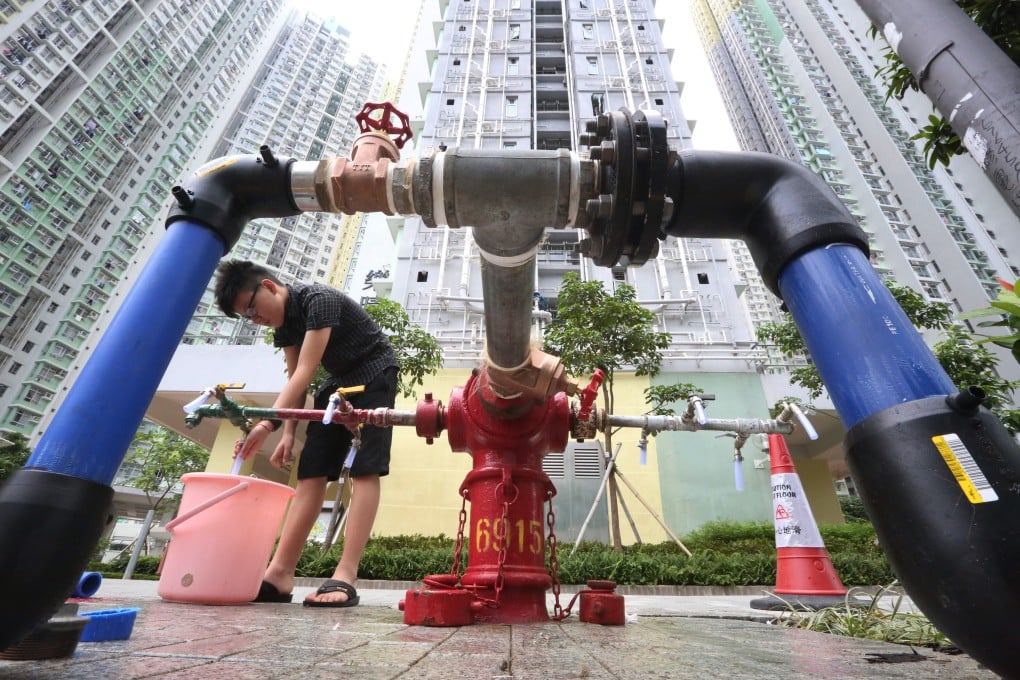
Cynics in the local media like to say: there’s no such thing as the most absurd, only the more absurd. The Cantonese saying may not translate well, but the message is clear – just when we think we have seen everything, something more bizarre will come along to knock us off our feet. That about sums up this past week in Hong Kong, where a spate of mind-boggling events in local politics left citizens jaw-dropped and thinking only one thought: are these people for real?
Several days ago, a woman was convicted of attacking a police inspector with, of all things, her breast. No, this is not one of those “his face ran into my fist!” excuses we used to hear in second grade – it is an actual ruling by a local magistrate. The 30-year-old defendant was found guilty of hitting the officer’s right arm with her bosom during an anti-parallel trade protest in March. It is unclear what kind of injuries the victim had sustained – no medical expert witness was called to testify.
In a separate incident which also involves a police officer, superintendent Franklin Chu was accused of using excessive force, after being caught on video whacking innocent onlookers with his baton during a protest last fall. In an investigative hearing, the now retired officer explained that the baton was a mere “extension of [his] arm,” with which he had “patted” passers-by to speed up pedestrian traffic. The defence was so creative, and the argument so cutting-edge, that it would make Johnnie Cochrane smile in his grave.
Just when citizens were wondering whether they had been reading the April Fool’s Day edition of The Onion, they were bombarded with still more head-scratching and hair-raising headlines: Watergate, Laundrygate and Livergate. The first refers to the lead-contaminated water supply at a long and growing list of public housing estates, whereas the other two relate to medical blunders at public hospitals involving mouldy bed sheets and miscalibrated machines to diagnose liver disease.
Watergate is the most stunning scandal of the three, not only because of the large number of public housing residents it affects, but also the spectacularly blatant attempts by the government to downplay the incident. One official told reporters, with a straight face, that the lead intake is rather safe “if the amount is averaged out over the resident’s lifetime,” while Housing Secretary Anthony Cheung threw a local subcontractor under the bus and pinned the entire blame of the public health crisis on one scapegoat. Meanwhile, the Health Department was under fire for underreporting lead levels – many water samples were collected after the faucet had been running for a few minutes, which allowed the level of contaminants to drop significantly from the actual levels to which residents have been exposed for many years.
Citizens had barely the time to process these surreal events when our chief executive decided to drop yet another bombshell at a hastily called press conference Monday afternoon. Addressing shell-shocked reporters all by himself (which in itself was unusual), C.Y. Leung announced that Tsang Tak-sing, long-time bureaucrat and brother of Legco chairman Tsang Yuk-sing, would step down as Secretary for Home Affairs, and that the position would be filled by Lau Kong-wah, former vice chairman of the pro-Beijing DAB party. Also fired – I mean retiring – was Civil Service Secretary Paul Tang, who would be replaced by Customs Commissioner Clement Cheung, a political unknown.
